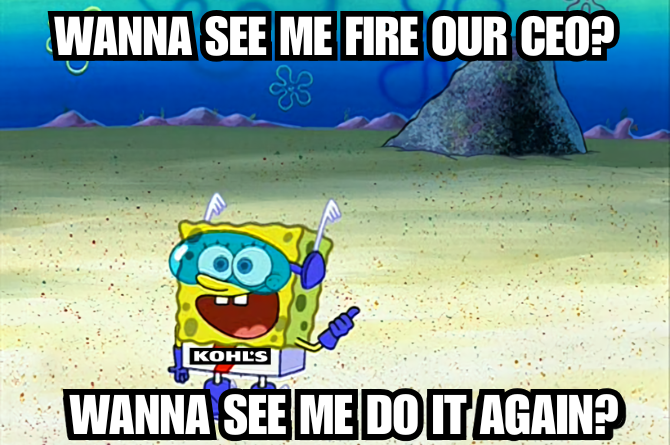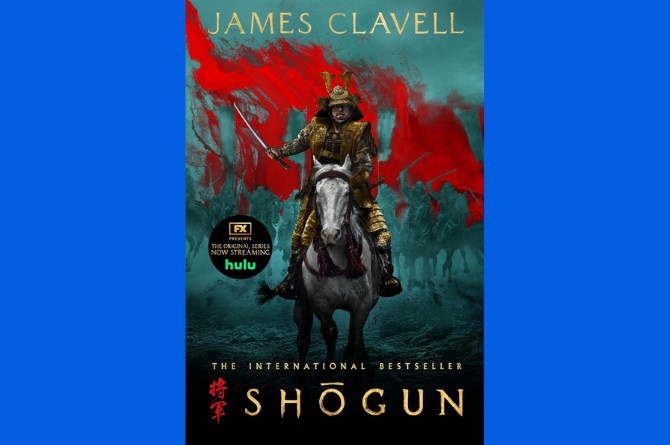May 4, 2025

May the 4th be with you, and also with you. Not very often the newsletter gets to be sent on the exact day as every Star Wars fan's Mardi Gras. With that being said, I have never watched Star Wars, so I barely caught this reference. Here's to being able to usher in Cinco De Mayo next year with you all!
- Alex Blackwood

🤏 Not horrible, but not great either - The April jobs report just dropped, and it’s the economic equivalent of a B+ on a group project - solid, but it won't be hung on the refrigerator. The U.S. added 177,000 jobs, blowing past the experts’ 133,000 prediction, even as tariffs and trade drama loomed in the background. Unemployment held steady at 4.2%, and sectors like healthcare and transportation did the heavy lifting (because someone’s got to deliver all those online impulse buys). The market gave a polite golf clap, with futures ticking up and economists pushing their “recession” predictions back another week. So, for now, the labor market is still flexing...just don’t ask manufacturing or retail how they’re feeling.
🛒 Retail is dying, yet somehow Kohl's biggest problem is its CEO's - Kohl’s CEO Ashley Buchanan barely had time to pick out new business cards before being shown the door-fired after less than five months for what the board called “a serious breach of trust and company policy. Turns out, Buchanan steered a juicy consulting contract to a vendor with whom he had a personal (read: romantic) connection. The fallout? Vendor’s out, CEO’s out, and Kohl’s is now on its third CEO in three years. The board’s interim pick, Michael Bender, is left to clean up aisle five-again. The only thing turning over faster than Kohl’s leadership is their clearance rack.
Tariff trouble bites the Apple - Apple just reported earnings that beat expectations, but investors are more interested in the $900 million tariff-shaped hole in the company’s wallet. With China sales slumping and Trump’s tariffs biting, Tim Cook is trimming Apple’s buyback program and stockpiling gadgets like it’s Black Friday at the Genius Bar. Apple’s solution? Move more production out of China and invest big in U.S. manufacturing. The result: Apple stock fell 4%, and analysts are left reading tea leaves about whether Cupertino can dodge the next trade war curveball. If you thought your iPhone was expensive now, just wait.

Thank goodness for tech earnings season, where the only thing moving faster than AI innovation is the coffee from the Keurig to my desk, seriously I have a problem. Did I just put a cry for help in the middle of the newsletter? Who knows. Anyways, this week, the world’s biggest tech names (Meta, Microsoft, and more), rolled out a parade of AI news that had investors, developers, and probably a few chatbots buzzing.
What happened?
Let’s start with Meta, who hosted their first-ever LlamaCon (yes, that’s really the name & yes, it severely lacked adequate amount of Llamas) and made it clear they’re not just chasing OpenAI-they want to lap them. Meta’s big play? Open-sourcing their Llama AI models and launching the Llama API, which lets developers plug into powerful AI with fewer restrictions than the competition. They even announced partnerships with hardware heavyweights like Cerebras and Groq to juice up their models’ speed, and rolled out new security tools to keep things from going full Skynet.
But Meta’s ambitions aren’t just technical - they’re financial. Court filings revealed Meta expects its generative AI products to rake in $2-3 billion this year and, get this, up to $1.4 trillion by 2035. That’s “yes, I'll have guac” type money, and it explains why Meta is pouring over a billion dollars into AI development this year alone, with tens of billions more earmarked for data centers.
Not to be outdone, Microsoft flexed its AI muscles too. CEO Satya Nadella revealed that a whopping 30% of Microsoft’s code is now written by AI, and that number is only going up. Microsoft rolled out new Copilot Studio features, including “computer use”, meaning their AI agents can now click, type, and navigate apps just like a real person. The company’s Azure cloud business is booming, with AI services driving 16% of its growth last quarter.
Both companies crushed their earnings estimates, sending shares soaring and reassuring Wall Street that the AI boom is still very much alive.
What does this mean?
For developers and businesses, the AI arms race is good news. Meta’s open-source Llama models and APIs lower the barriers to entry, giving more people access to cutting-edge AI without the “walled garden” approach of rivals like OpenAI. Microsoft’s Copilot tools are making it easier to automate everything from code to customer support, and their AI-powered cloud is turning into a must-have for companies everywhere.
For the rest of us? Expect AI to become even more embedded in daily life, from smarter assistants to faster, more personalized apps.
What are experts saying?
Industry watchers are calling Meta’s open-source strategy a “game-changer,” praising its potential to democratize AI and spark faster innovation. The partnerships with Cerebras and Groq are seen as key to making AI faster and more affordable, while the security tools are a nod to growing concerns about data privacy and AI misuse.
Microsoft’s Satya Nadella is bullish, describing AI as “essential for every organization to expand output, reduce costs, and accelerate innovation.” Wall Street analysts, meanwhile, are loving the earnings beats, citing AI as the main reason both Meta and Microsoft are weathering economic headwinds like tariffs and global uncertainty.
Why should I care?
If you use the internet, work in an office, or just breathe air, the AI moves from Meta and Microsoft will shape your life. Open-source AI means more competition, which usually leads to better products and (hopefully) fewer paywalls. For investors, the AI boom is driving tech stocks and could reshape entire industries. For everyone else, it’s a front-row seat to the next phase of the tech revolution, just with more llamas and fewer existential threats (for now).
Bottom line:
Big Tech is betting the farm (and the cloud) on AI, and the rest of us are along for the ride. Whether you’re a developer, investor, or just someone who likes their phone to finish their sentences, the future is looking a lot more artificial, and a lot more intelligent.


Following The Chelsea’s near‑instant sellout, investor appetite for blue‑chip real estate is stronger than ever.
Now, the spotlight has shifted to our Houston flagship Airbnb, The Celeste. With more than $270,000 already raised out of the $440,730 offering amount, less than 40% remains in this stunning Houston STR.
The Celeste is not just a projection on paper... it's a proven six‑bedroom Airbnb with two years of verified, double‑digit NOI and $130k generated in the last twelve months.
Highlights include:
If you want a slice of The Celeste before it fills out like The Chelsea, click on the link below before it's too late.


With the recent TV adaptation getting so much buzz, I decided to tackle the source material, James Clavell's epic novel Shōgun. I read the complete edition (it's usually split into two parts), and let me tell you, it's a commitment...but one that pays off handsomely.
The story is set in feudal Japan around the year 1600 and follows John Blackthorne, an English ship pilot who finds himself shipwrecked and thrust into the complex political & cultural landscape of Japan on the brink of civil war. He becomes a pawn, and later a player, in the fascinating power struggles between warlords, particularly the brilliant Lord Toranaga.
Clavell's research is immense, and the world he builds is incredibly immersive. You learn about samurai culture, the intricate social hierarchies, and the political maneuvering that defined the era, all through Blackthorne's eyes. It's a dense read, full of historical detail, political intrigue, cultural clashes, and yes, some epic battles.
The TV show does a great job capturing the visual elements, but the book provides a depth of character and political understanding that's hard to replicate on screen. If you have the time and enjoy historical epics, this is a masterpiece.
⭐ 4.82 / 5.0 in my book (no pun intended)



-nxlACkdtAPpRA2lCoqgFOjZSNdBfRO.png)
Written by Alex Blackwood & Thomas Horcel
Receive this weekly recap when you sign up for our platform